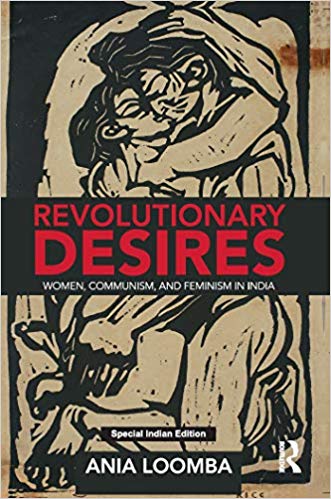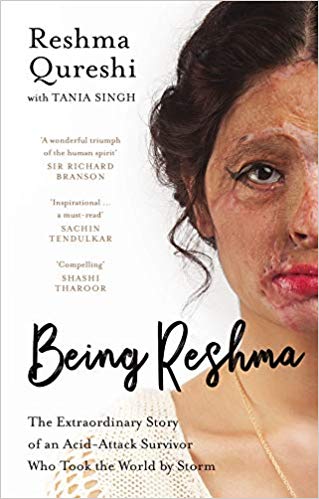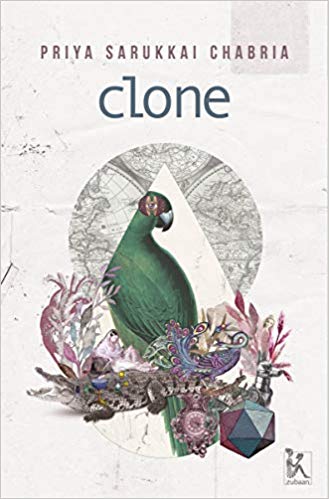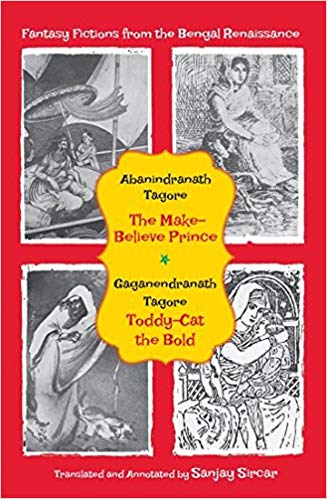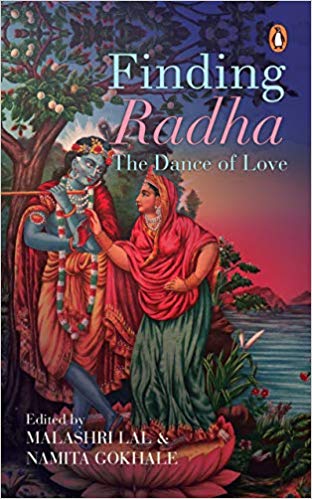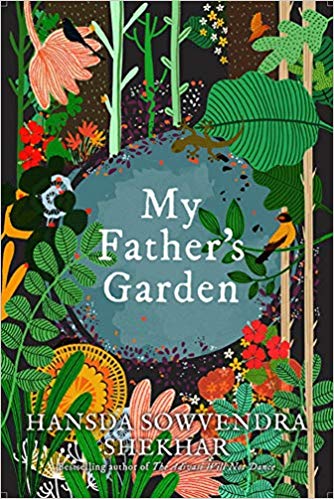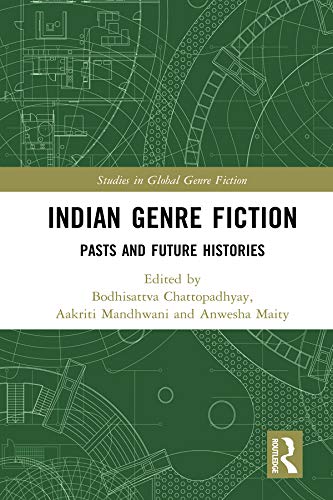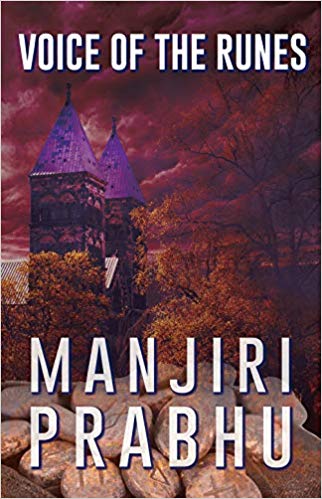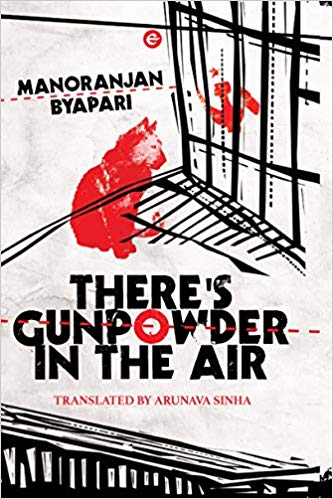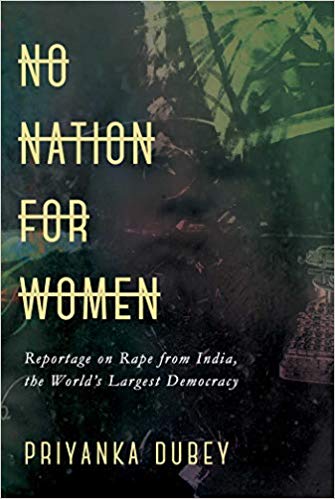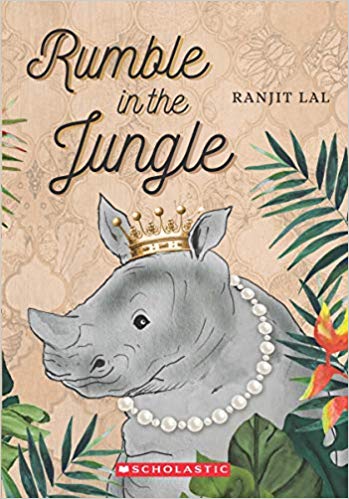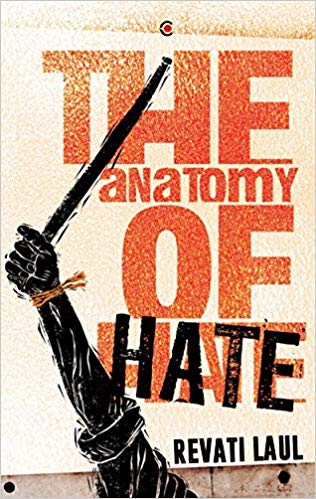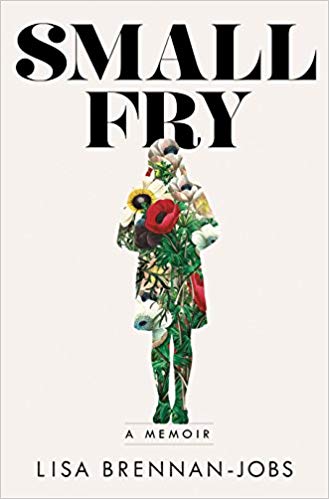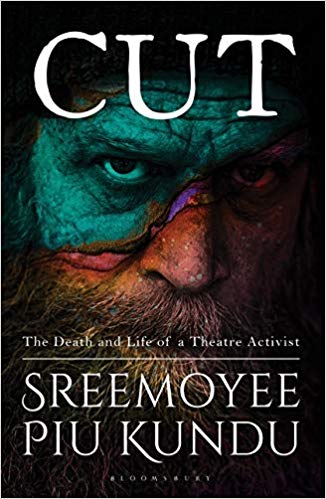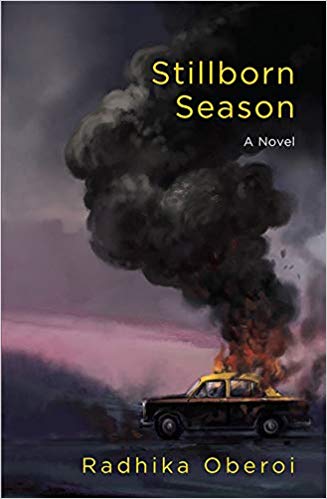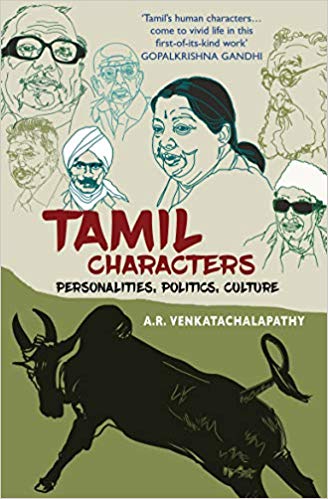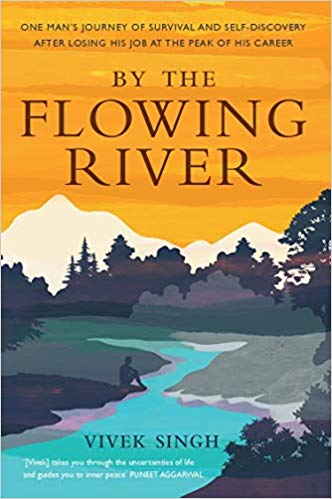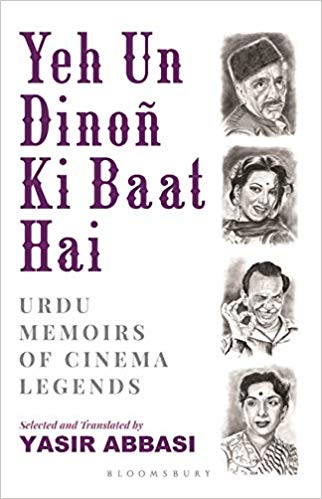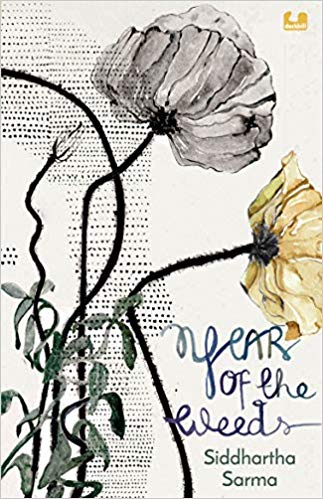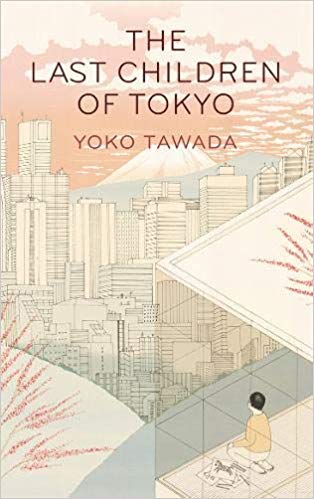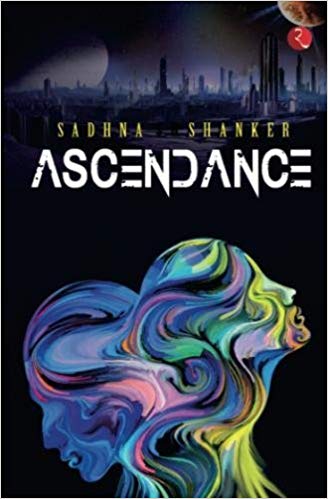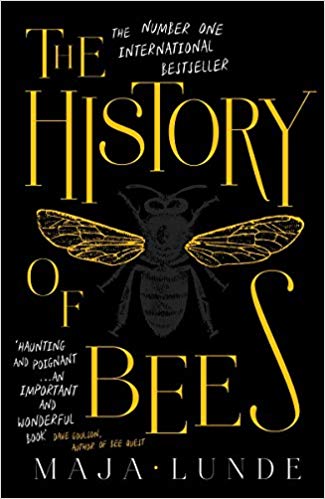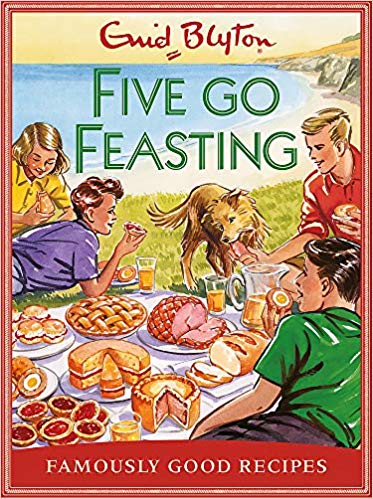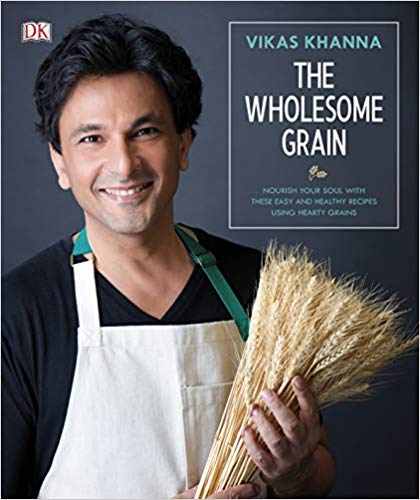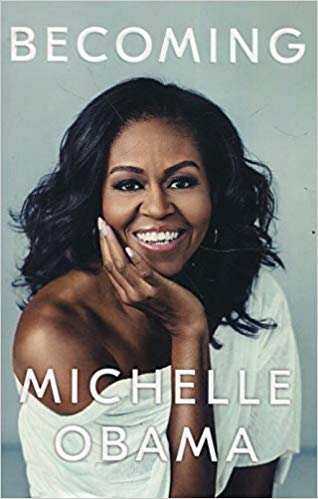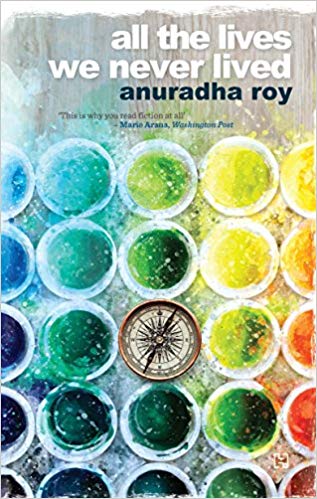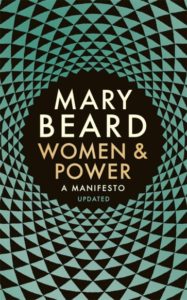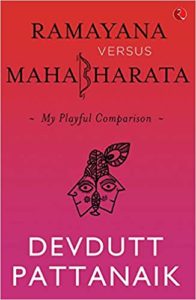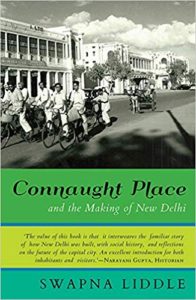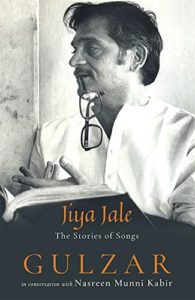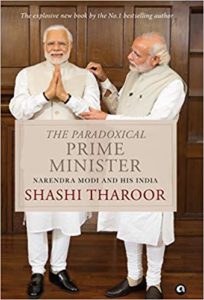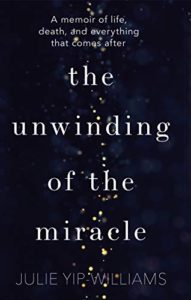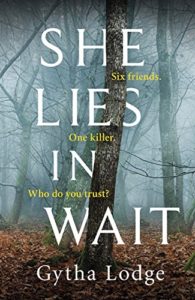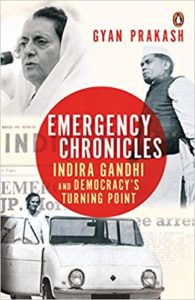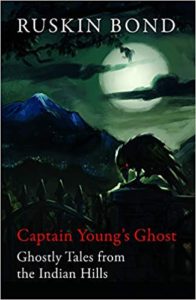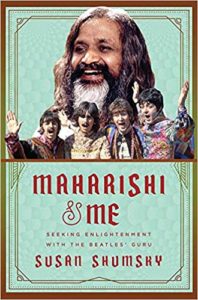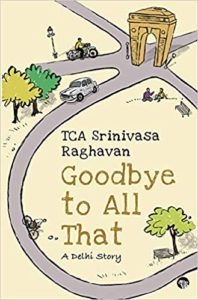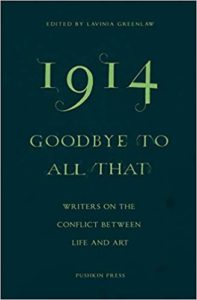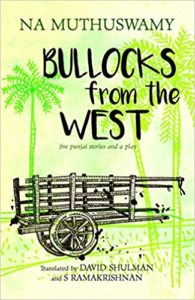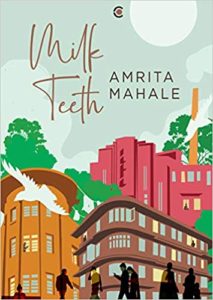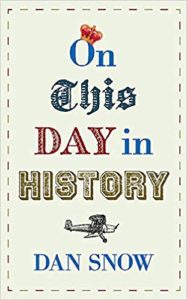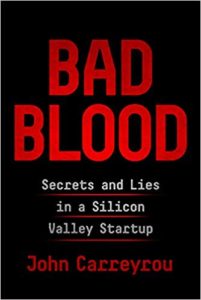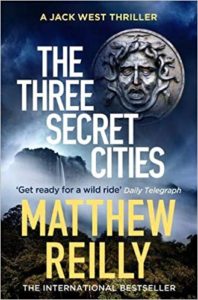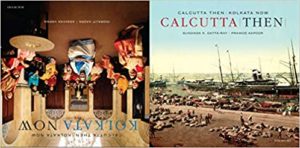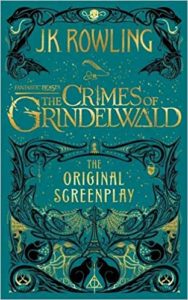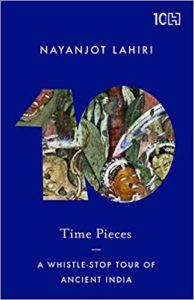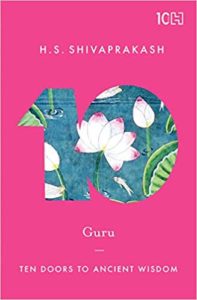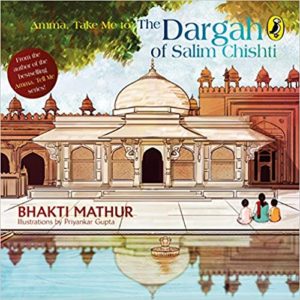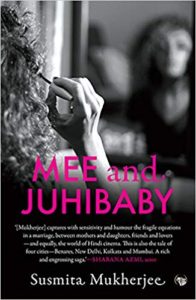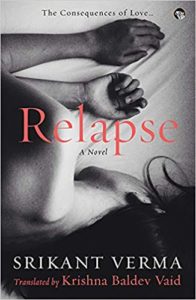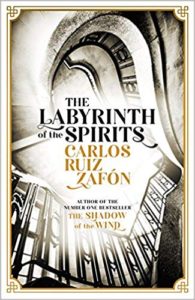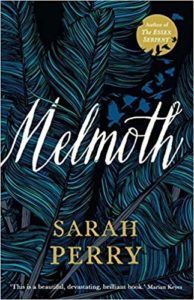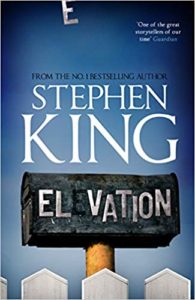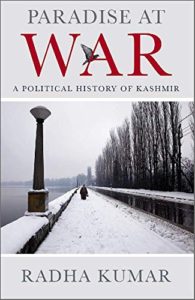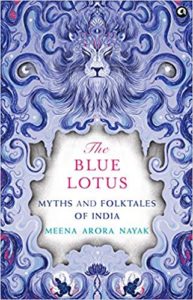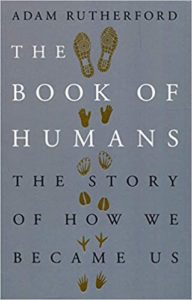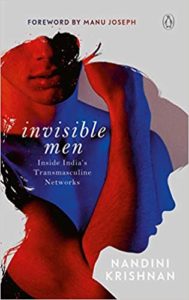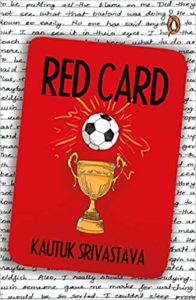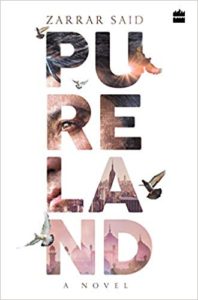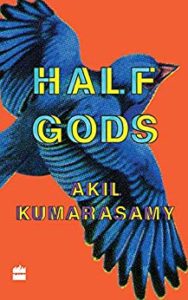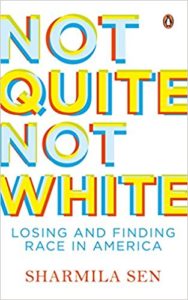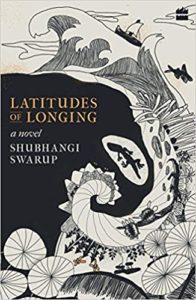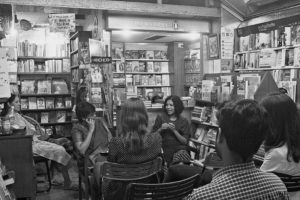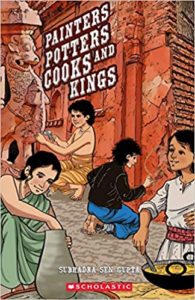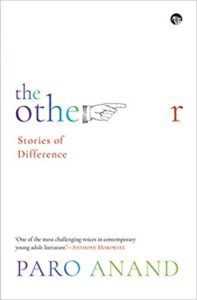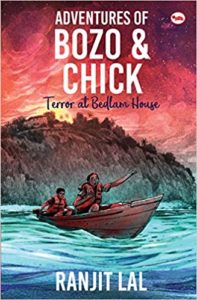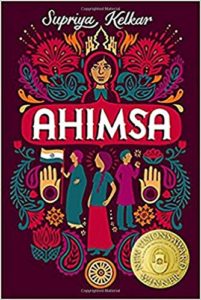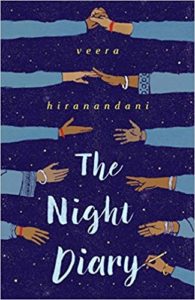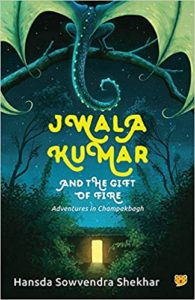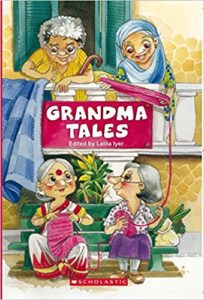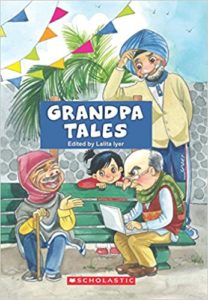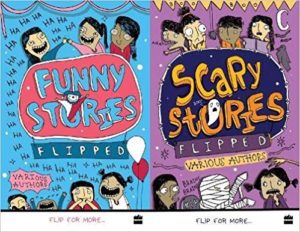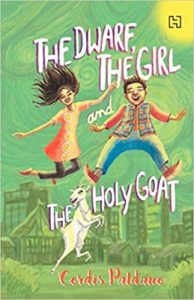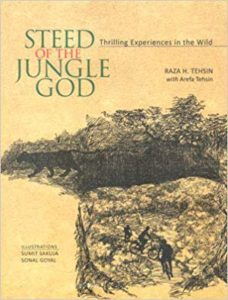 Wildlife conservationist Raza H. Tehsin’s Steed of the Jungle God: Thrilling Experiences in the Wild is a collection of essays written along with his daughter, Arefa Tehsin, which recount his days in the jungles of Rajasthan. It has been illustrated splendidly by Sumit Sakula and Sonal Goyal. These are stories that are told as they were lived. It is a form of oral history being recorded which does not seem to have been edited much later. The sense is of a flowing commentary, plucking memories that have left a significant impact and stringing them together in this book. They are stories that are about discovering species, encountering ghosts, putting to rest local folklore, and learning to co-exist peacefully with superstitions, ghostly presences and wild life. It is also an encount of a man who is deeply committed to preservation of wild life and by sharing his experiences hopes it is not too late to save this planet from the eccentricities of mankind.
Wildlife conservationist Raza H. Tehsin’s Steed of the Jungle God: Thrilling Experiences in the Wild is a collection of essays written along with his daughter, Arefa Tehsin, which recount his days in the jungles of Rajasthan. It has been illustrated splendidly by Sumit Sakula and Sonal Goyal. These are stories that are told as they were lived. It is a form of oral history being recorded which does not seem to have been edited much later. The sense is of a flowing commentary, plucking memories that have left a significant impact and stringing them together in this book. They are stories that are about discovering species, encountering ghosts, putting to rest local folklore, and learning to co-exist peacefully with superstitions, ghostly presences and wild life. It is also an encount of a man who is deeply committed to preservation of wild life and by sharing his experiences hopes it is not too late to save this planet from the eccentricities of mankind.
There is something special about the tone of storytelling, something soft, understanding, full of kindness and empathy which exists in Raza Tehsin’s accounts of wildlife and of the people he meets. There are stories here of his going on trips into the jungle with his father, later with his family. As a young man in the jungle he learned to live as a hermit, doctor and hunter. Later these experiences came to the fore when he became a wildlife conservationist.
He shares many, many stories. One of them that is particularly moving is that of the panther cub who was as yet not fully trained to hunt, had to very soon learn the skill as he had to look after and feed his mother after she had been injured by a bullet in her front leg. Later the affected part had died and fallen off leaving a stump in its place therebey preventing her to go hunting. Ultimately mother and son decided to live in a cave where the panther cub would bring his kill. Later after reviewing the cave Raza Tehsin discovered that the place had been kept spotlessly clean with all the bones of their kills cleared away. This unusual relationship was discovered when the local tribals began to lose their goats. So Raza Tehsin was summoned to track the big cat and kill it. It was then that the hunting party to their astonishment discovered not one but two cats esconced in the cave. It is a very sad and haunting tale that must be read.
Another one is of his descriptions of trying to help the tribals who lived in abject misery infested with guinea worm. While sharing one such episode he shares a telling experience about the status of women — something that has not altered decades later. Guinea worm infestations have been cured but not the mindset of people vis-a-vis towards women.
I remember another instance when an old village woman was brought to me. She was not able to swallow food as her food pipe was burnt. I was told that she lived with her husband, who was infected by guinea worm. He was the only working hand and both of them had starved during his illness. He finally got better and went to work. But he was too weak to earn much. He bought two or three fistfuls of the cheapest rotten maize and asked her to boil it with a little salt. Driven by hunger and afraid that her husband would not give her a share, she gulped most of the maize piping hot.
A terrible encounter more so made vile knowing that Raza Tehsin came from a family where his mother was quite progressive by contemporary standards. Raza and his siblings ( sisters included ) were educated, his mother did not observe purdah and despite being an invalid was an excellent markswoman. She would use a small calibre shot gun, also called a Ladies Shot Gun No. 28 gauge.
In 1942, she formed Bazm-e-Niswan, a women’s study group with a library, to spread the message of Gandhiji and increase awareness about the country’s socio-political situation. She started a girls’ literacy movement in Udaipur, especially to mobilise the conservative Muslim families. This led to cent percent literacy in the Dawoodi Bohra Muslim community of Udaipur in a short span of time. She was also one of the founders of the Residency Club formed by the wives of British officers. The club had women volunteers working to help those affected by World War II. After independence, she became President, Udaipur branch, and Vice President, state branch, of All India Women’s Conference.
Steed of the Jungle God has been co-written with Raza Tehsin’s daughter, Arefa Tehsin, who is equally passionate 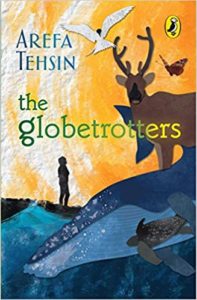 about wildlife conservation. She has already published a couple of books for children including the most recent one being a middle grade novel The Globetrotters that involves a school bully Hadud whose new history teacher at school decides to set him straight. Hadud is sent off on a quest that basically takes him on a life changing journey through various ecologies. With her immense knowledge of the environment the precisely detailed descriptions in the novel a delightful. It has been magnificently illustrated by Nafisa Nandini Crishna.
about wildlife conservation. She has already published a couple of books for children including the most recent one being a middle grade novel The Globetrotters that involves a school bully Hadud whose new history teacher at school decides to set him straight. Hadud is sent off on a quest that basically takes him on a life changing journey through various ecologies. With her immense knowledge of the environment the precisely detailed descriptions in the novel a delightful. It has been magnificently illustrated by Nafisa Nandini Crishna.
Take for instance:
His eyes were fixed on a large crack in a distant rock when his vision got distrubed by a flutter of wings. A young Arctic tern, her white wings moving like waves against the sun, her red beak stuffed with moonbeams of fish and her red feet swaying in the wind, rose above the cliff. Hudhud’s beak dropped as he looked at the elegant bird in her liquid motion. Just after her, rose three seagulls that took a dip at her one at a time. Seeing the avian pirates trying to steal the tern’s fish, Hudhud ducked behind a small jutting rock.
Thank heavens for wildlife conservationists like the Tehsins who are using their experience and knowledge of earth’s biodiversity and sharing it with younger generations in the hope that the planet’s environment will not be completely destroyed. To create a younger team of wildlife enthusiasts is an effective way of controlling the rapid pace of environmental destruction.
Buy and share these two books — Steed of the Jungle God and The Globetrotters !
On Amazon India:
Steed of the Jungle God
The Globetrotters
29 October 2018

